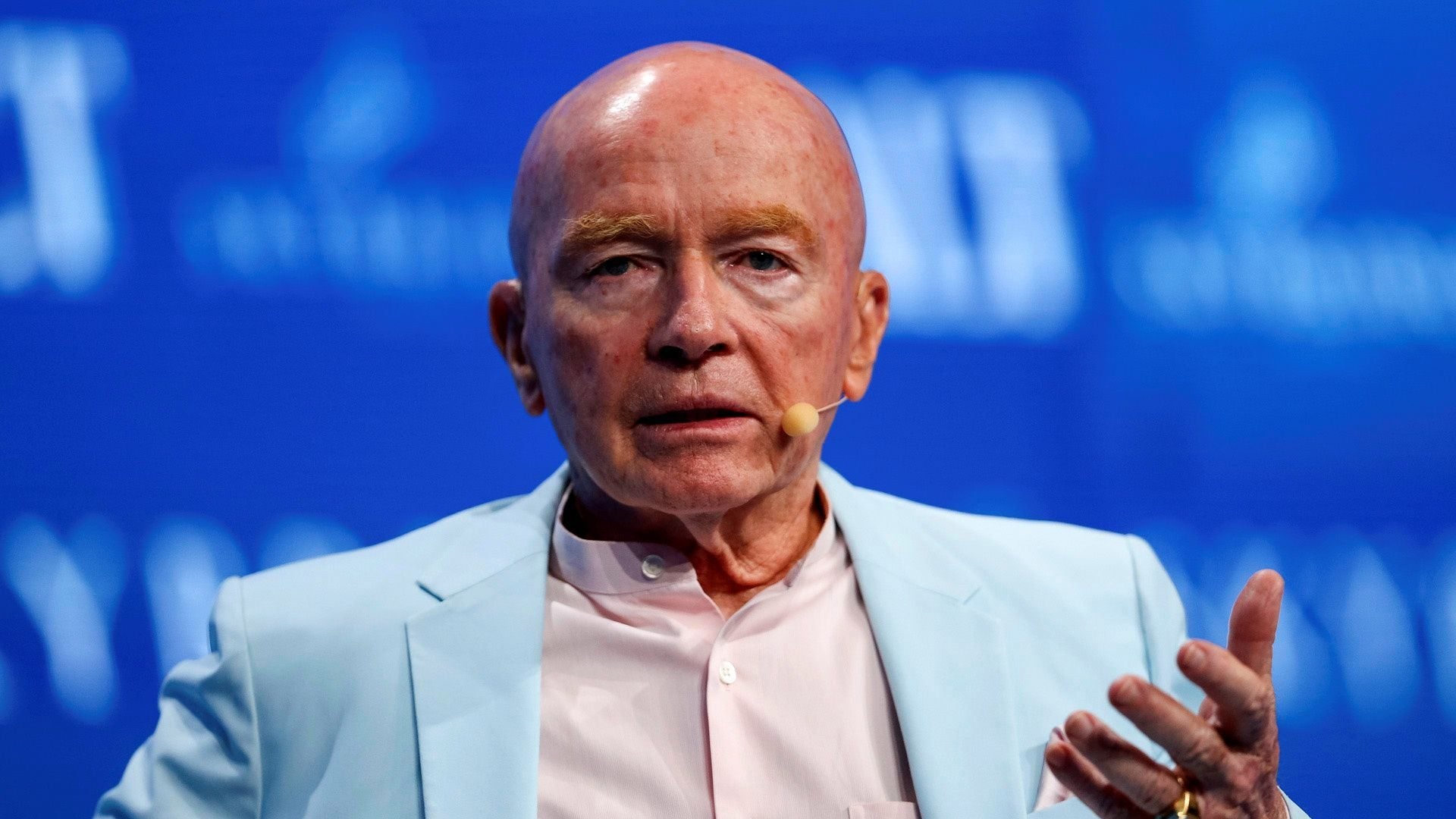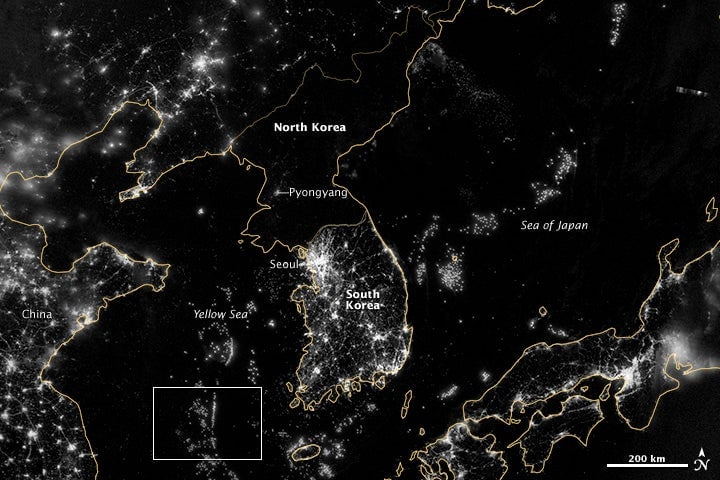“The North has resources”: Legendary fund manager Mark Mobius says he’d invest in North Korea
North Korea should be a wealthy economy, judging by its natural resources. The mountainous country has mineral wealth worth trillions of dollars, but it lacks the infrastructure and expertise to properly tap into it.


North Korea should be a wealthy economy, judging by its natural resources. The mountainous country has mineral wealth worth trillions of dollars, but it lacks the infrastructure and expertise to properly tap into it.
Mark Mobius, a well-known emerging-markets investor, told CNBC’s ”Street Signs” yesterday (May 14) that he would “definitely” put money into North Korea if he could, adding he believed reunification with South Korea would happen “in our lifetimes.”
The billionaire fund manager said the two countries are a promising match: “It’s a beautiful combination, because the South has the technology, it has the know-how, it has the manufacturing ability—and the North has resources.”
The uncertainty on the Korean peninsula is far from settled, of course, ahead of the June 12 summit in Singapore between North Korean leader Kim Jong Un and Donald Trump. Many experts doubt Kim will really give up all his nuclear weapons. Trump has set that as a precondition for economic concessions, and some fear “fire and fury” might follow if diplomacy fails. On the other hand, Trump might compromise (paywall) on his demands.
Should diplomacy win the day, Mobius isn’t alone in seeing the opportunities. When South Korean president Moon Jae-in met with Kim last month during the inter-Korean summit, he handed him a USB drive outlining a vision for greater economic cooperation between the rivals, including in railways and energy infrastructure.

Rail could be an especially promising area after Kim specifically praised the South’s high-speed rail system and bemoaned his country’s transportation infrastructure while meeting Moon. Following the inter-Korean summit, shares soared in South Korean train and steel manufacturers, as well as construction firms.
Perhaps not coincidentally, the North is sending its rail minister to another round of high-level talks between the North and South tomorrow (May 16).
Meanwhile, South Korean investors are buying up land around the Demilitarized Zone, the highly fortified buffer area between the two nations, on expectations of people and investment flowing into the area—this has happened before, during previous thaws in relations that proved temporary.
US secretary of state Mike Pompeo said last week that if North Korea “takes bold action to quickly denuclearize, the United States is prepared to work with North Korea to achieve prosperity on the par with our South Korean friends.”
Mobius, for his part, emphasized getting in early, reiterating how well the Koreas complement one another: ”People who go in at the beginning in North Korea, given this combination of North and South, should do very well.”